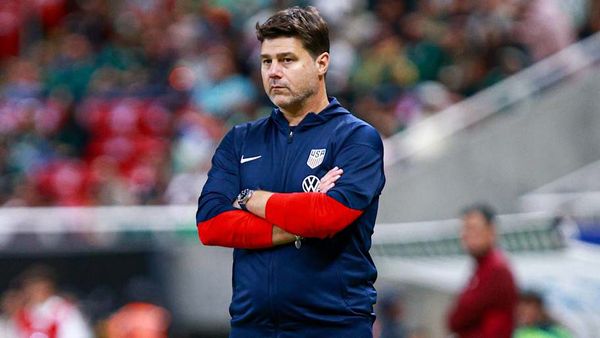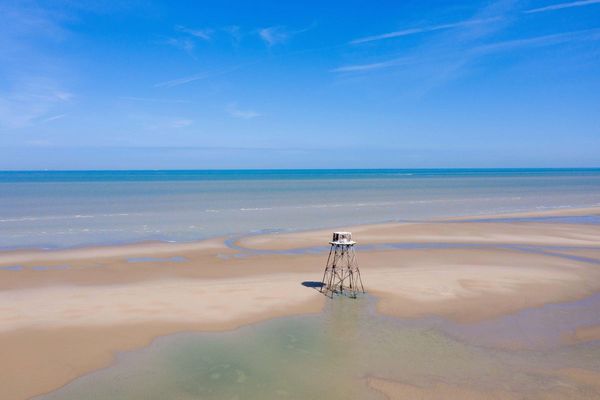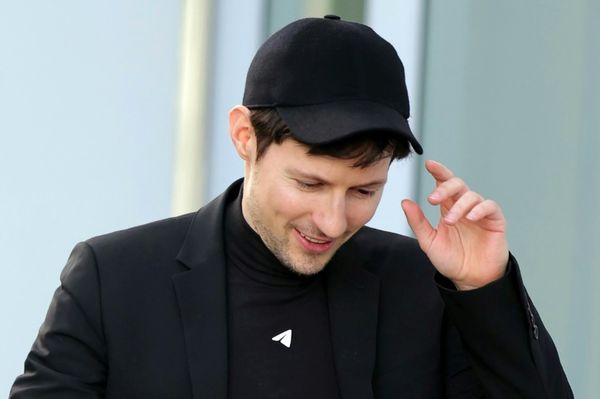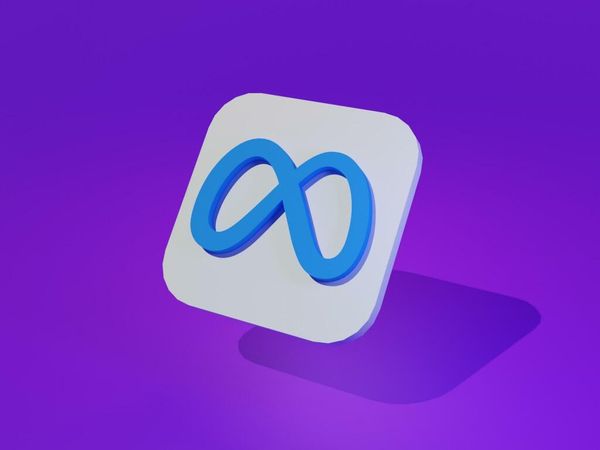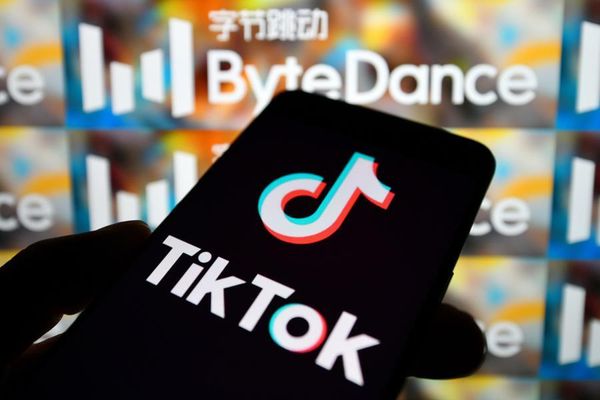
For companies that spend an awful lot of time trying not to keep it real, the tech giants do seem to love a store.
While success rates to date have been mixed, Amazon, Apple, Google and Microsoft have all jumped into real estate in recent times and now Meta is about the follow them, with its retailing debut to be unveiled in less than two weeks.
The new Meta Store — a retail space to discover Meta Portal, Ray-Ban Stories and Meta Quest 2 and try them out in person — opens in Burlingame, Ca on May 9.
Meta – lest we forget the company formerly known as Facebook but, at least not just yet, still to redefine itself simply as a symbol – has also added a ‘Shop’ tab to meta.com, making it easier to shop the company’s hardware products in one place online.
Meta announced its Meta Store plans this week — representing its first physical retail space, and promising a “hands-on experience with all our hardware products”.
The big question is whether it will be able to engage people the way that Apple has done so ably, or whether like Microsoft and to some extent Amazon, it will find the shift from clicks to bricks a tricky one.
What The Meta Store Promises
Interactive demos, video calls to retail associates with Meta Portal, learning how Ray-Ban Stories (smart glasses) can ‘help you stay present with the world around you’, and a first-of-its-kind immersive Meta Quest 2 demo are all on the agenda for the new outlet.
At approximately 1,550 square feet, Meta admits that the store has a relatively small footprint but said that it was important to launch the first Meta Store near its Reality Labs HQ, where the company is pushing its metaverse plans forward.

“Once people experience the technology, they can gain a better appreciation for it. If we did our job right, people should leave and tell their friends, ‘You’ve got to go check out the Meta Store’,” said Martin Gilliard, head of Meta Store.
The Meta Store will also feature an interactive Meta Quest 2 display wall, allowing visitors to explore the hardware, its accessories, and the content available, while an immersive demo area will enable guests to try Beat Saber, GOLF+, Real VR Fishing or Supernatural on a large, wall-to-wall curved LED screen.
“Having the store here in Burlingame gives us more opportunity to experiment and keep the customer experience core to our development. What we learn here will help define our future retail strategy,” said Gilliard. “Ultimately, our goal is to show people what’s possible with our products today, while giving a glimpse into the future as the metaverse comes to life — and hopefully demystifying that concept a bit in the process.”
Amazon, Google and Microsoft Stores
While Apple’s direct-to-consumer strategy, flagship Apple stores and Genius Bars are the stuff of retail legend, the other tech giants have been more circumspect and in many cases pretty underwhelming in their physical pursuits.
Amazon bought Whole Foods – which has remained successful but very light-touch in terms of Amazon’s influence – while the ecommerce behemoth is pushing ahead with its own grocery Go and Fresh stores, yet has canned Books, 4-Star and its pop-ups.
While it may argue that its stores have been invaluable data and consumer insight collectors, success in the ultra-competitive convenience store sector in the U.S. and Europe – where it will butt heads with the likes of 7-Eleven, Tesco and Carrefour – is anything but assured.
Similarly, office platforms-to-entertainment giant Microsoft opened its global flagships with great fanfare three years back and yet the proposition pretty much fell flat within 12 months.
Google made its store debut in New York a little under a year ago, again choosing its campus as location, but there have been few murmurs about further stores or physical spaces for the search engine colossus since.
It all begs the question, can this newest store debut rise above the ‘meh’ and deliver something not just new but even Meta than the real thing?
